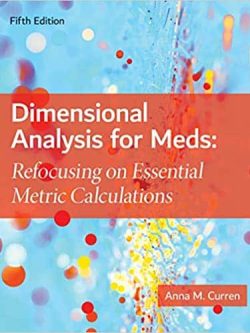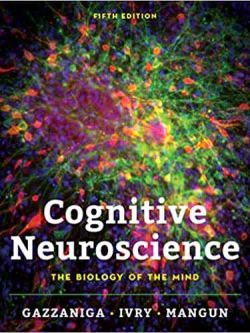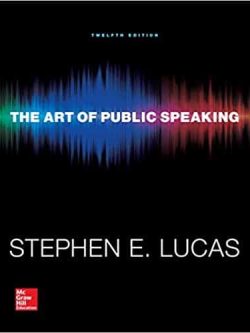Specifications
| book-author | Stephen M. Stahl ; Thomas Schwartz |
|---|---|
| file-type | |
| isbn10 | 1107607337 |
| isbn13 | 9781107607330 |
| language | English |
| publisher | Cambridge University Press |
Book Description
“Case Studies, Vol. II: Stahl’s Essential Psychopharmacology” by Stephen M. Stahl and Thomas Schwartz continues the practical and clinical approach established in the first volume. This second volume aims to further enhance the reader's understanding of psychopharmacology through a series of new, detailed case studies. Here are some features and elements you might expect to find in this volume:
1. **Advanced Case Studies:** The book presents more complex and challenging clinical case studies than those in the first volume. These cases delve into advanced psychopharmacological concepts and their practical applications.
2. **Diverse Psychiatric Conditions:** Case studies cover a wide range of psychiatric disorders, including mood disorders, anxiety disorders, psychotic disorders, personality disorders, and more. This variety helps illustrate the breadth of psychopharmacology.
3. **Comprehensive Patient Assessments:** Each case includes thorough patient assessments, providing detailed histories, presenting symptoms, and relevant background information. This context is crucial for understanding the psychopharmacological approach taken.
4. **Evidence-Based Treatment Plans:** The treatment plans outlined in the case studies are based on the latest evidence and clinical guidelines. The book highlights the rationale behind medication choices, dosing strategies, and therapeutic adjustments.
5. **Mechanisms of Action Explained:** Detailed explanations of the mechanisms of action of psychotropic medications are provided, helping readers understand the pharmacological basis for their use in specific conditions.
6. **Side Effect Management:** Strategies for managing common and uncommon side effects are discussed, offering practical guidance for maintaining patient adherence and optimizing treatment outcomes.
7. **Therapeutic Challenges and Solutions:** The case studies address real-world therapeutic challenges, such as treatment resistance, polypharmacy, and managing comorbid conditions. The book provides practical solutions and problem-solving approaches.
8. **Interactive Learning Components:** The book may include questions, discussion points, and reflective exercises for each case study. These components encourage critical thinking and active engagement with the material.
9. **Visual Aids:** The use of visual aids, such as diagrams, tables, and flowcharts, helps clarify complex concepts and treatment algorithms, making the information more accessible and engaging.
10. **Ethical and Practical Considerations:** Ethical issues in psychopharmacology, such as informed consent, patient autonomy, and balancing benefits and risks, are discussed in the context of the case studies. Practical considerations for clinical practice are also highlighted.
11. **Cross-References to Main Text:** The book is designed to complement “Stahl’s Essential Psychopharmacology,” with cross-references to relevant sections in the main text for deeper understanding and further reading.
12. **Multidisciplinary Perspectives:** Contributions from co-author Thomas Schwartz and other experts provide multidisciplinary perspectives, enriching the clinical insights and practical advice offered in the book.
13. **Educational Value:** The book is valuable for psychiatry residents, practicing psychiatrists, psychiatric nurses, psychologists, and other mental health professionals seeking to deepen their clinical skills and knowledge in psychopharmacology.
14. **Real-World Applications:** By focusing on real-world applications, the case studies help readers bridge the gap between theoretical knowledge and clinical practice, enhancing their ability to apply psychopharmacological principles effectively in their own practice.
“Case Studies, Vol. II: Stahl’s Essential Psychopharmacology” serves as a vital resource for mental health professionals, offering advanced insights and practical guidance through detailed case studies. It builds on the foundation laid by the first volume, providing more complex scenarios and deeper explorations of psychopharmacological treatment.












Reviews
There are no reviews yet.